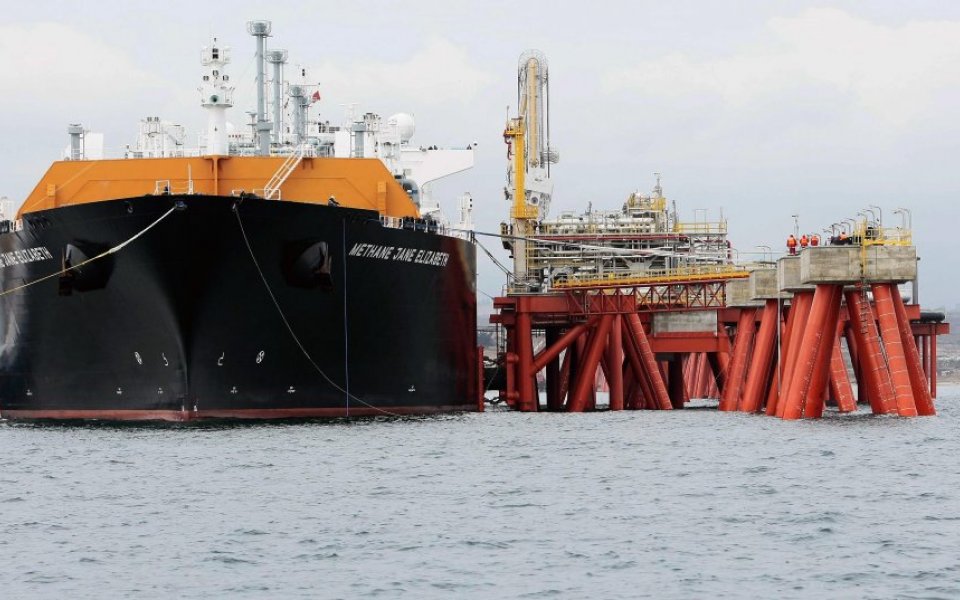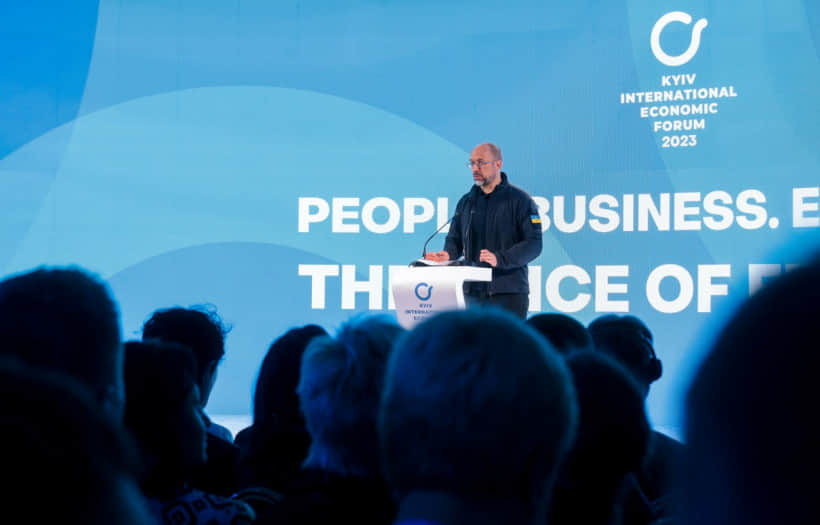EU begins methane crackdown on oil and gas exporters
Oil and gas producers across the world will be subject to tighter methane emissions limits from 2030, according to a new European Union agreement. Yesterday, EU member states and the European Parliament agreed to impose “maximum methane intensity values” by 2030 on international producers sending methane into Europe. The declaration states the agreement “will oblige [...]


Oil and gas producers across the world will be subject to tighter methane emissions limits from 2030, according to a new European Union agreement.
Yesterday, EU member states and the European Parliament agreed to impose “maximum methane intensity values” by 2030 on international producers sending methane into Europe.
The declaration states the agreement “will oblige the fossil gas, oil and coal industry to properly measure, monitor, report and verify their methane emissions to the highest possible standards”.
Notably, however, the accord, which comes two weeks ahead of COP28, does not lay out specific methane emission boundaries for companies adhere to.
This lack of clarity has been a criticism of the industry for some time, echoed in a report from the International Energy Agency in February this year.
“This landmark agreement will allow us to seriously tackle the energy sector’s greenhouse gas emissions in the EU and beyond,” said European Commissioner for Energy, Kadri Simpson.
“This first-of-its-kind regulation enables the EU to curb methane emissions in a cost-effective manner, will benefit our planet and will also avoid wasted resources in tight global gas markets.”
Key elements of the EU agreement include banning routine flaring and venting by oils and gas sectors, limiting venting from thermal coal mines and taking mandatory inventories of non-producing assets such as inactive wells and mines.
The rules are likely to hit major gas suppliers such as include the US, Algeria and Russia, the latter having cut exports to Europe massively last year in the wake of the outbreak of its war against Ukraine.
A global methane emitters monitoring tool and a rapid alert mechanism for super-emitting events will also be introduced.
The provisional agreement now requires formal adoption by both the European Parliament and the Council, upon which the new legislation will be published in the Official Journal of the Union and enter into force.



